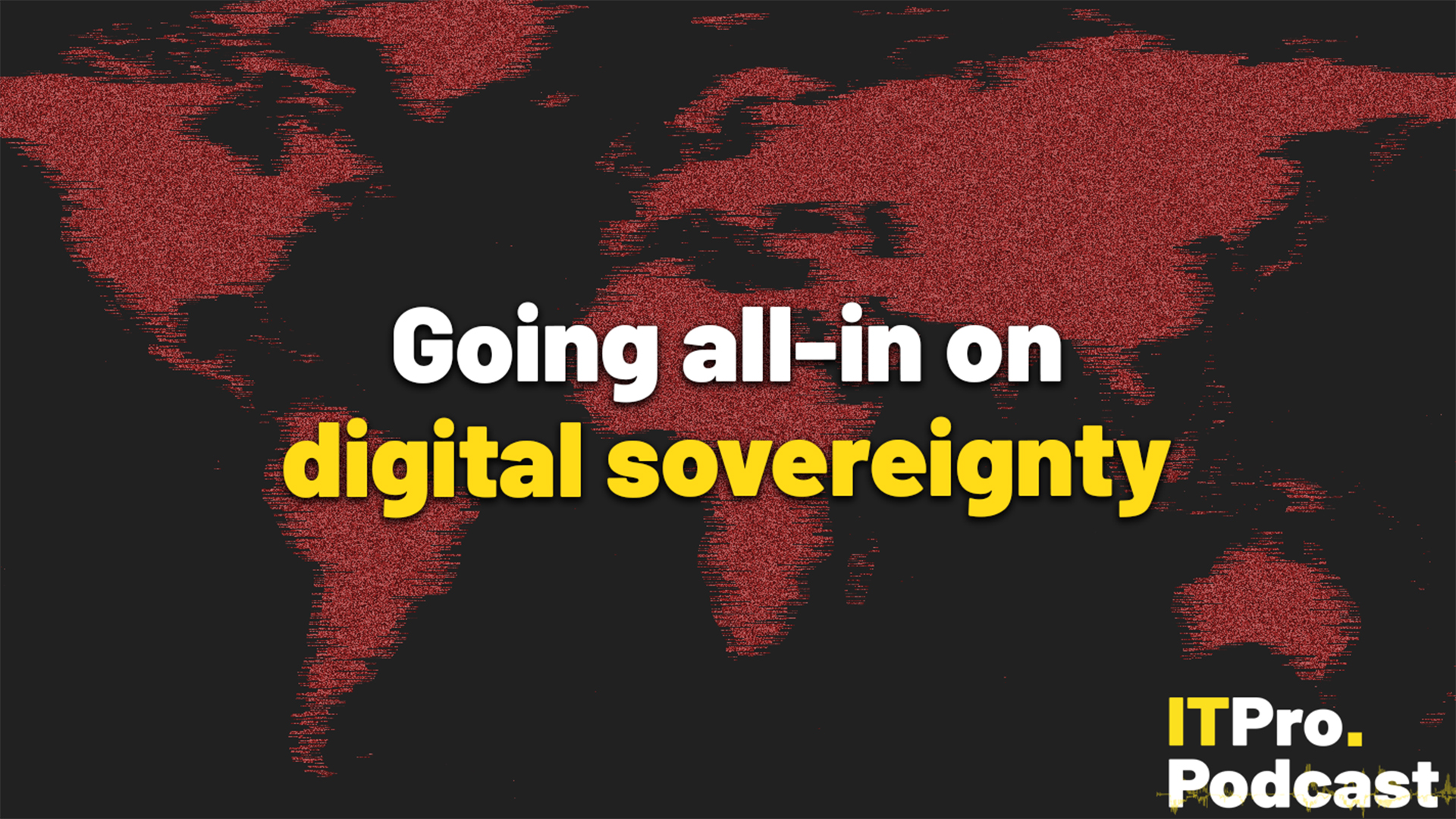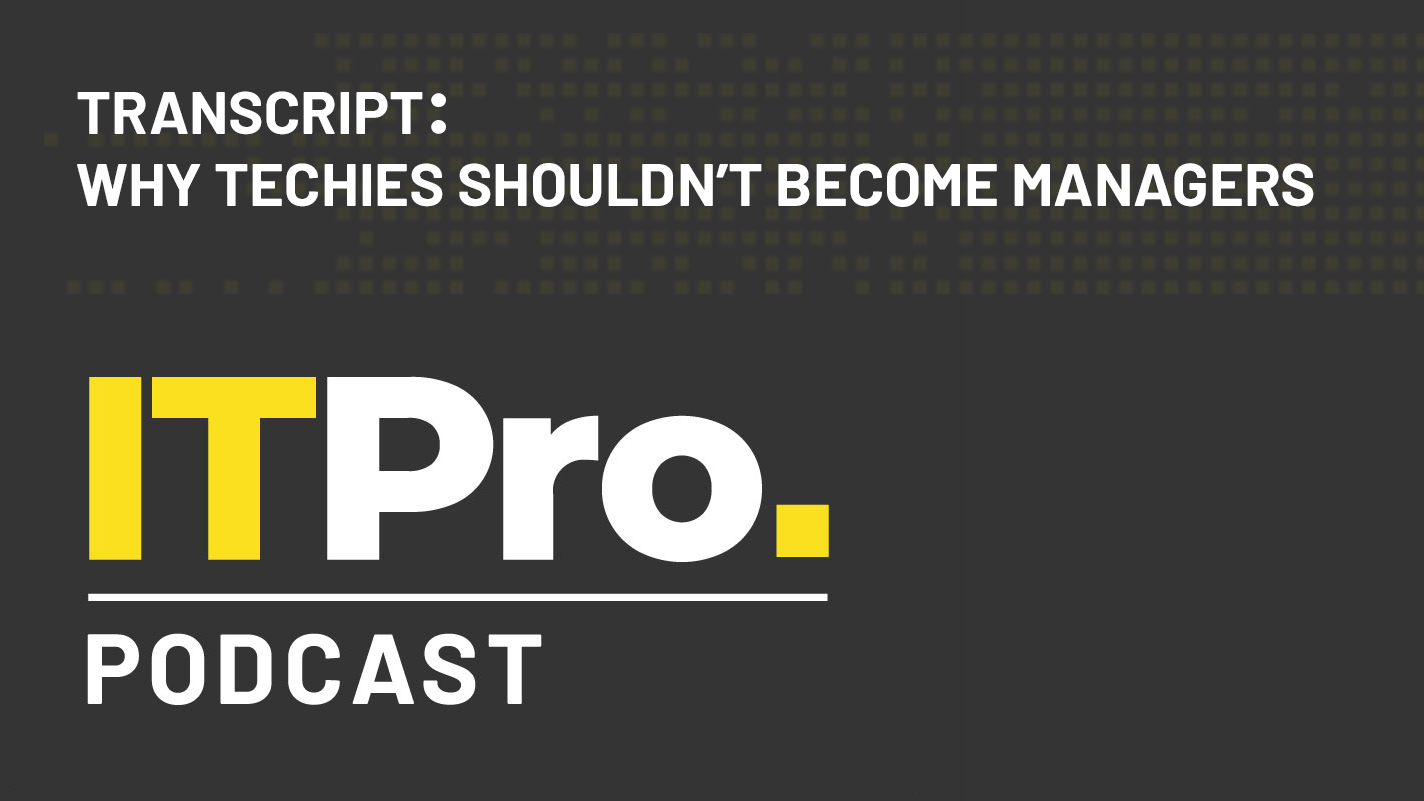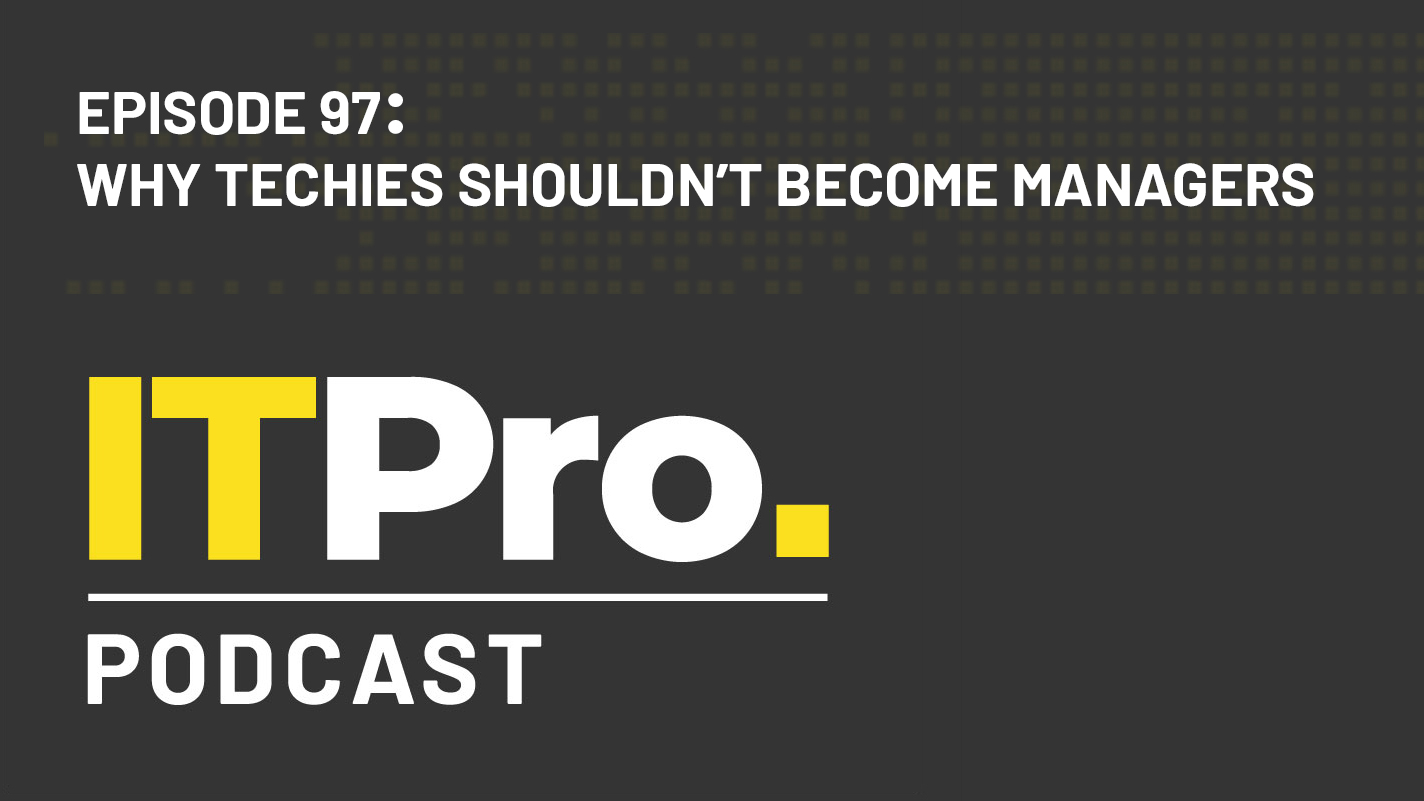2012: the outlook for CIOs
The CIO's task became harder in 2011. In 2012, IT leaders will need to cement their position as trusted advisers to the business, rather than just the person who keeps the lights on.

Sign up today and you will receive a free copy of our Future Focus 2025 report - the leading guidance on AI, cybersecurity and other IT challenges as per 700+ senior executives
You are now subscribed
Your newsletter sign-up was successful
2012 will bring three key technical developments in IT, according to analyst firm Gartner.
The importance of mobile devices in business will continue to increase, with "mobile devices continuing to outgrow PCs as preferred primary computing devices," it claims.
The greatest challenge for CIOs is not a technical one.
Companies will continue to expand the volumes of data they gather, and in many case this "big data" explosion will "overwhelm most companies' ability to understand that data."
What's more, cloud computing models will force businesses to change both their internal IT structures and their relationships with outsourcers, even though the cloud still raises some concerns: "security assertions and certifications for cloud providers are still lacking in completeness and availability," says the analyst.
But perhaps the greatest challenge for CIOs is not a technical one. As Gartner points out the control of technology budgets is moving out of IT, and into the business. For all the technical reasons the analyst has outlined consumerisation and mobility, the use of the cloud, and big data increasingly the business itself, rather than IT, is in the driving seat.
Strategy, or tactics
Sign up today and you will receive a free copy of our Future Focus 2025 report - the leading guidance on AI, cybersecurity and other IT challenges as per 700+ senior executives
In some companies, this is putting a question mark over the role of the CIO, and the IT department. If the business can buy technology directly from vendors as cloud computing, for example then the role of the CIO might be diminished.
It is not just a question of how the cloud affects IT. Over the last few years, the use of business process outsourcing has grown steadily. Companies are not just turning to cloud services for base-level IT resources such as processing or storage, or even for software such as CRM.
-
 Sumo Logic expands European footprint with AWS Sovereign Cloud deal
Sumo Logic expands European footprint with AWS Sovereign Cloud dealNews The vendor is extending its AI-powered security platform to the AWS European Sovereign Cloud and Swiss Data Center
-
 Going all-in on digital sovereignty
Going all-in on digital sovereigntyITPro Podcast Geopolitical uncertainty is intensifying public and private sector focus on true sovereign workloads
-
 IT Pro Panel: Tackling technical recruitment
IT Pro Panel: Tackling technical recruitmentIT Pro Panel With the recruitment market shifting, how can businesses both retain their best staff and fill gaping talent shortages?
-
 Podcast transcript: Why techies shouldn’t become managers
Podcast transcript: Why techies shouldn’t become managersIT Pro Podcast Read the full transcript for this episode of the IT Pro Podcast
-
 The IT Pro Podcast: Why techies shouldn’t become managers
The IT Pro Podcast: Why techies shouldn’t become managersIT Pro Podcast Managing people is a completely different skillset to managing technology - so why do we keep pushing people from one to the other?
-
 Podcast transcript: How umbrella companies exploit IT contractors
Podcast transcript: How umbrella companies exploit IT contractorsIT Pro Podcast Read the full transcript for this episode of the IT Pro Podcast
-
 The IT Pro Podcast: How umbrella companies exploit IT contractors
The IT Pro Podcast: How umbrella companies exploit IT contractorsIT Pro Podcast Is tighter regulation needed to stop workers from being cheated out of earnings?
-
 Data scientist jobs: Where does the big data talent gap lie?
Data scientist jobs: Where does the big data talent gap lie?In-depth Europe needs 346,000 more data scientists by 2020, but why is the gap so big?
-
 Four tips for effective business collaboration
Four tips for effective business collaborationOpinion Collaboration is about more than just removing office walls
-
 IT Pro Panel: The truth about talent
IT Pro Panel: The truth about talentIT Pro Panel Why is it still so hard to find good people?